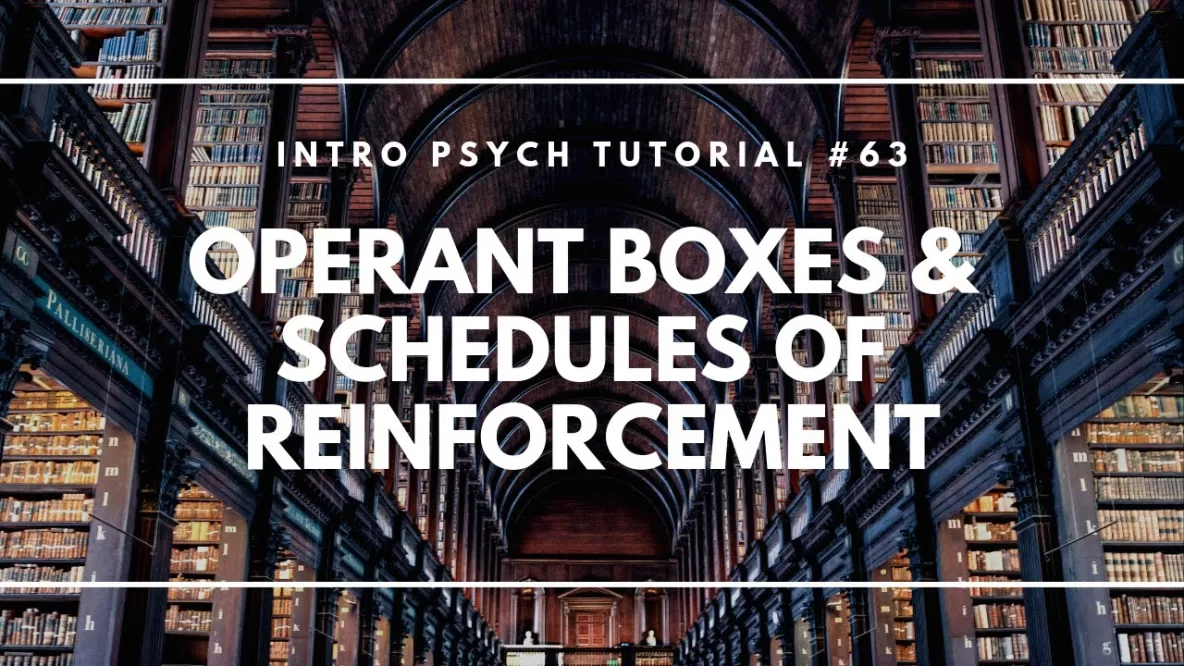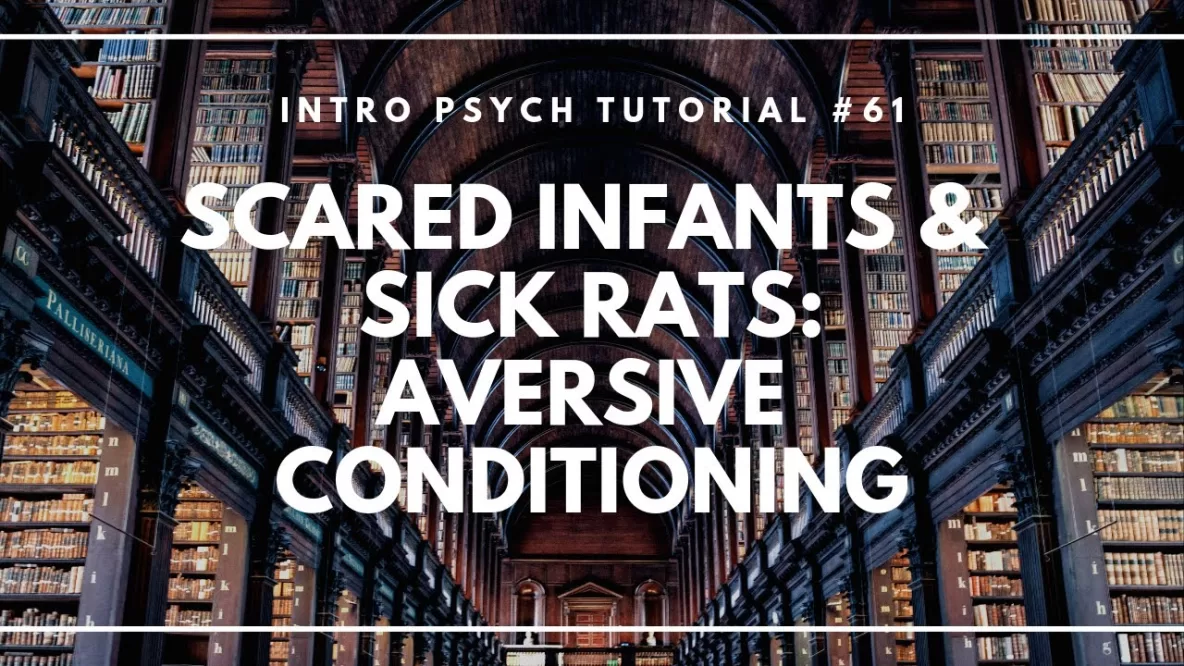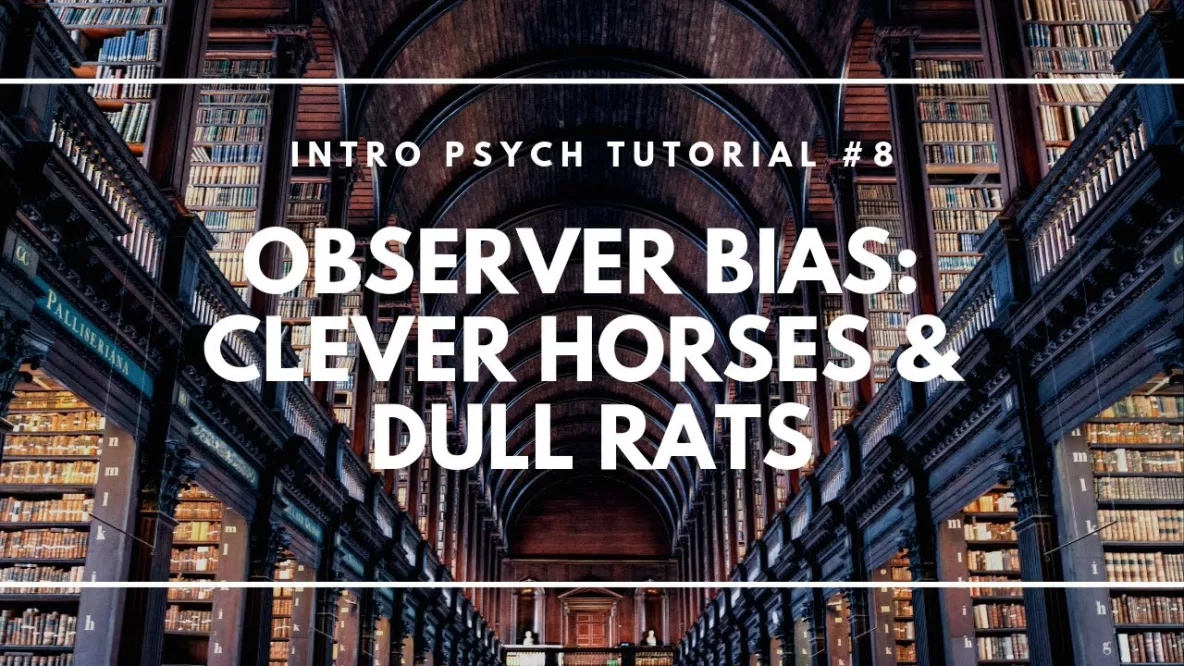In this video I explain the concept of long-term potentiation, which refers to the strengthening of neural connections due to repeated synchronous firing. Repeated firing leads to changes in chemical signaling between the two neurons, influencing neurotransmitter and receptor activity. … Read More
Latent Learning & Cognitive Maps
In this video I explain the concept of latent learning using two studies conducted by Edward Tolman and colleagues. Latent learning refers to learning that occurs without reinforcement and isn’t demonstrated until an opportunity arises. I also describe the idea … Read More
Chaining, Shaping, & Instinctive Drift
In this video I describe the how conditioning to be used to train more complex behaviors. This can be accomplished with chaining, which involves linking together previously conditioned behaviors, and shaping, which involves reinforcing successive approximations of a desired behavior. … Read More
Operant Boxes & Schedules of Reinforcement
In this video I describe the operant boxes used by Skinner (often called “Skinner boxes”) to study the relationship between different schedules of reinforcement and behavior. Then I describe 4 possible schedules of reinforcement including fixed-ratio, variable-ratio, fixed-interval, and variable-interval, … Read More
Scared Infants and Sick Rats: Aversive Conditioning
In this video I explain two examples of aversive conditioning; John Watson’s “Little Albert” study pairing presentation of a rat with a loud noise, and John Garcia and Robert Koelling’s work on learned taste aversions in rats. Taste aversions demonstrate … Read More
Observer Bias: Clever Horses and Dull Rats
In this video, I explain two well-known examples of observer bias: the case of Clever Hans, and Rosenthal and Fode’s experiment with “bright” and “dull” rats. Observer bias (or experimenter expectancy effect) is considered, along with an explanation for how … Read More
How Does Toxoplasmosis Affect the Brain?
I highly recommend checking out this excellent interview with one of my favorite lecturers, Robert Sapolsky. He discusses fascinating ways different parasites like toxoplasma gondii are able to take control of behavior via some surprising neurological mechanisms. It appears that … Read More







